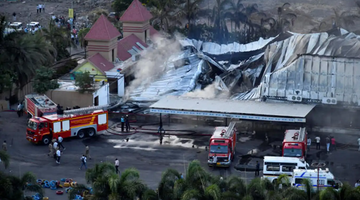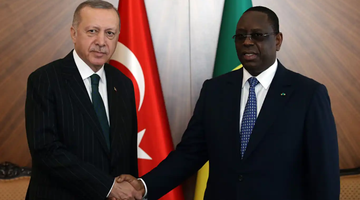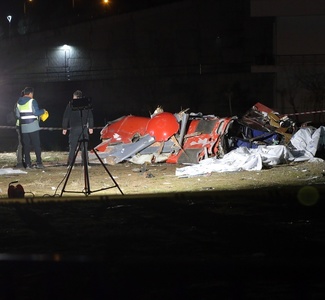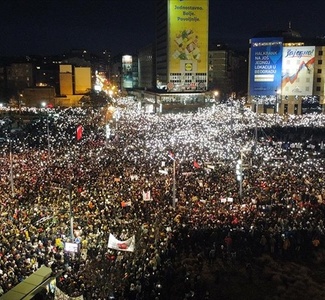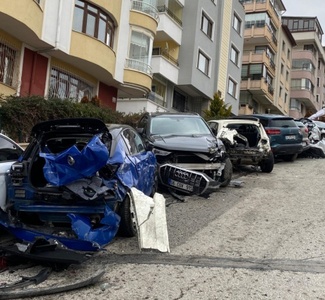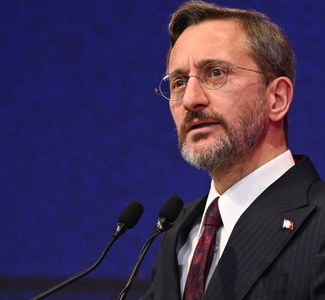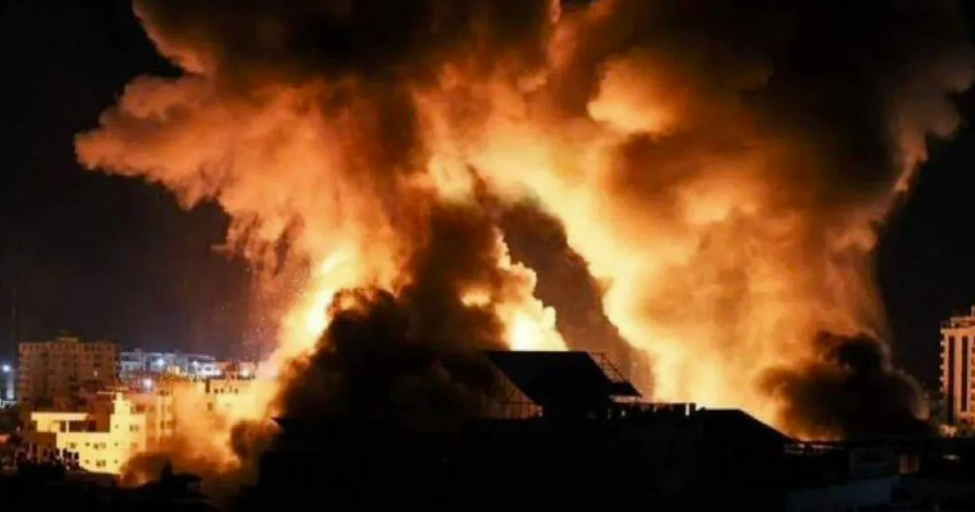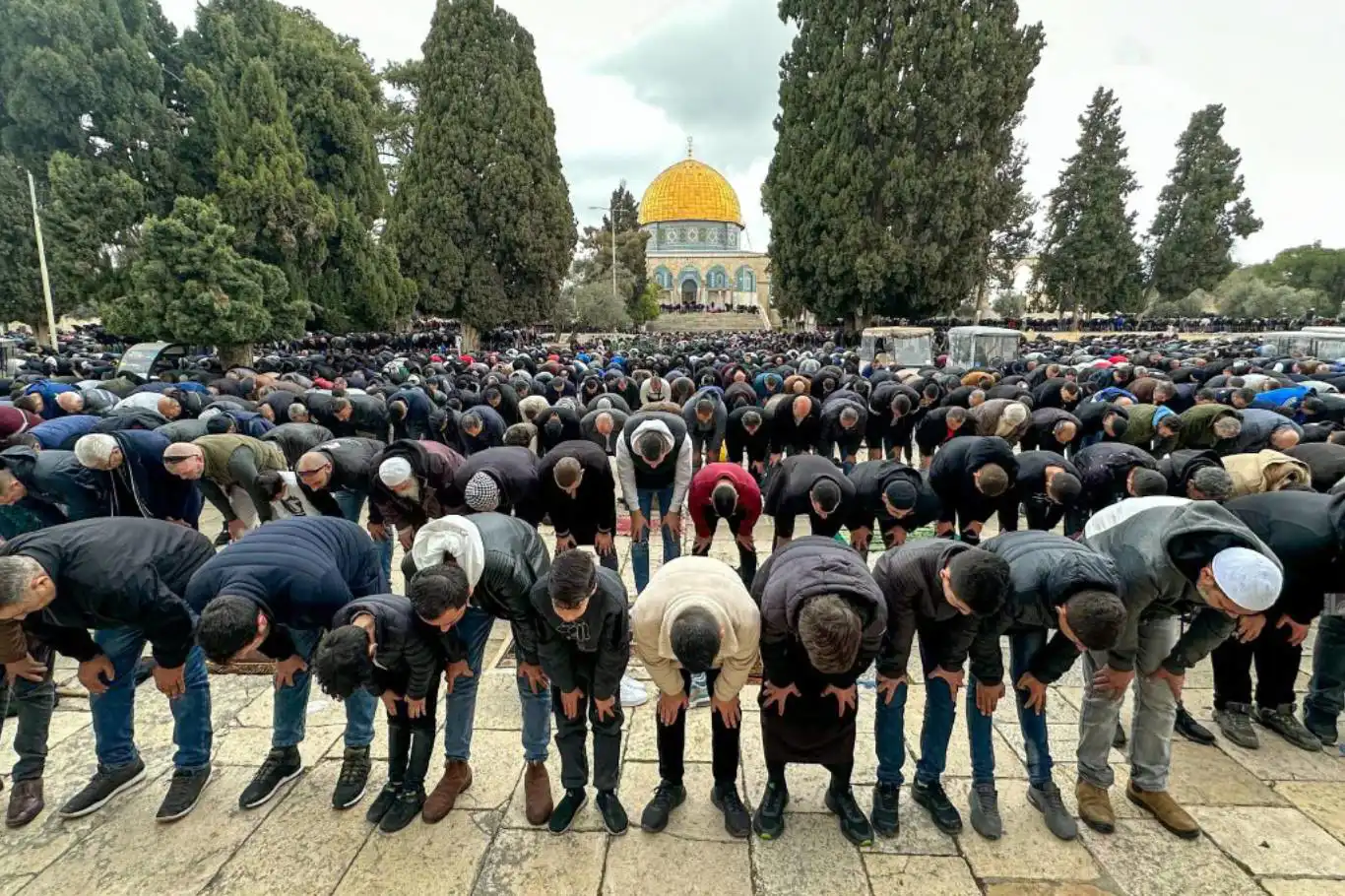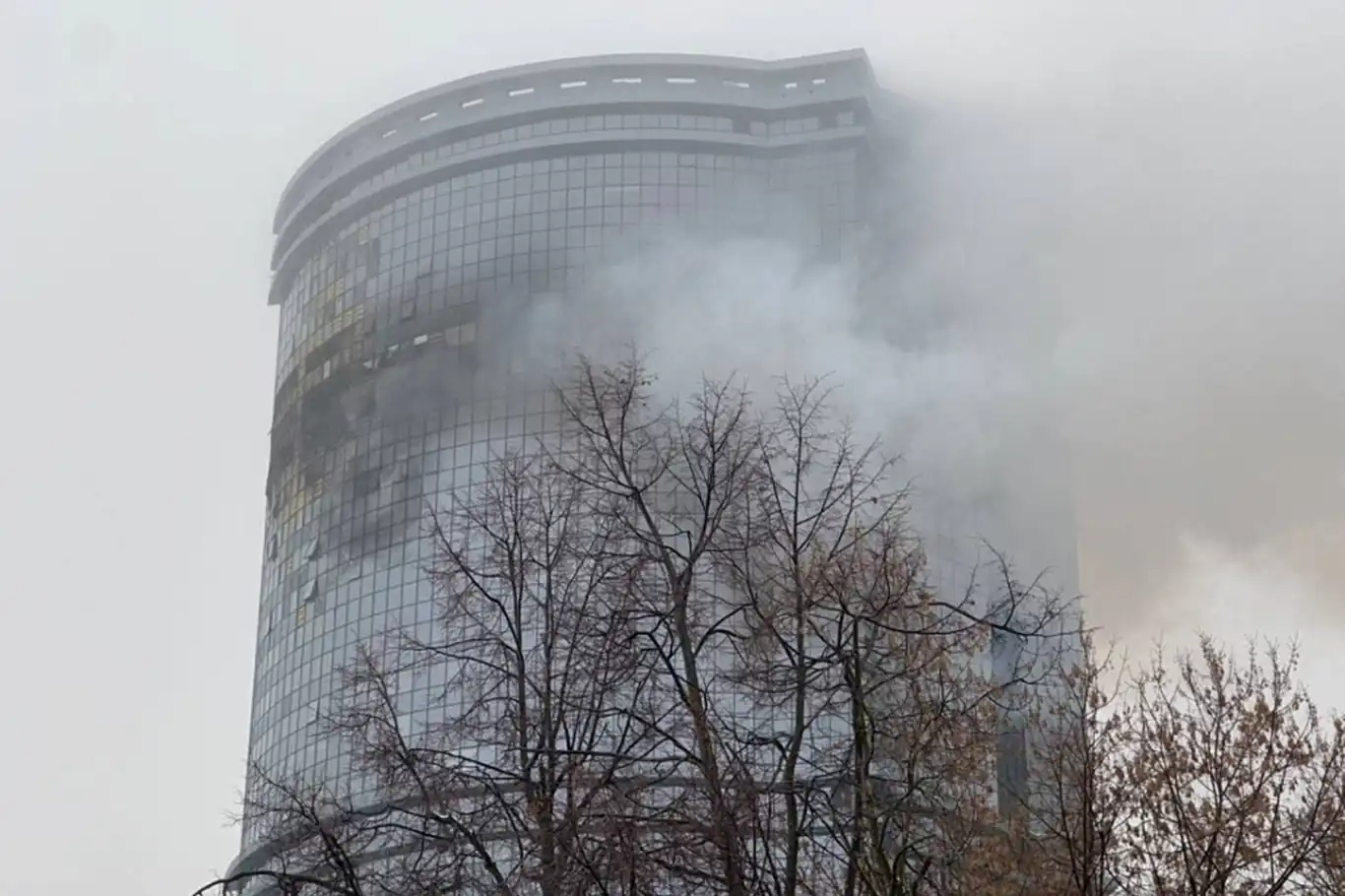Islamic Emirate rejects US claim of disunity
Zabihullah Mujahid, spokesperson for the Islamic Emirate of Afghanistan, refuted recent comments by US President Joe Biden suggesting Afghan disunity.
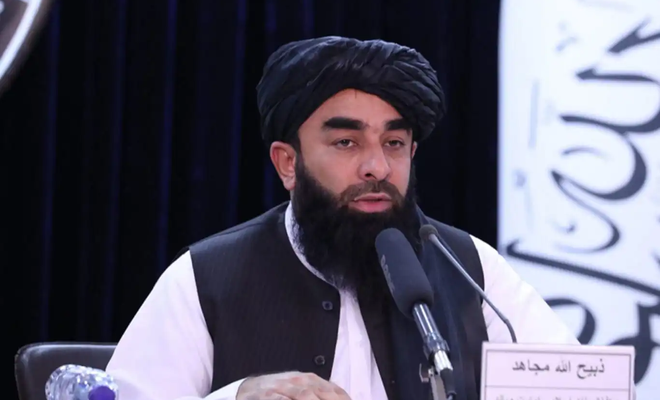
 Google News'te Doğruhaber'e abone olun.
Google News'te Doğruhaber'e abone olun. Mujahid underlined that foreign interventions, not internal divisions, were the past cause of problems, now resolved.
President Biden, during a joint press conference with the President of Kenya, highlighted Afghanistan's historical challenges, saying: “There’s a reason why Afghanistan has been known as the graveyard of empires. The likelihood of anybody uniting Afghanistan is highly, highly, highly unlikely. Number one. Number two, there are ways to control ISIS other than occupying Afghanistan. It was an unnecessary need.”
In response, Mujahid emphasized the unity among Afghans and attributed past issues to foreign interventions. “No external force or agent can endanger our unity or question the united status of Afghanistan. Therefore, the US president's statements are incorrect; they have misjudged,” he asserted.
Mujahid also downplayed the threat posed by Daesh (ISIS), arguing that the interim government's efforts have mitigated the group's impact. He maintained that labeling Daesh as a significant threat is incorrect.
Supporting some aspects of Biden's acknowledgment, Anas Haqqani, a senior member of the Islamic Emirate, concurred that Afghanistan has historically resisted foreign invaders. "Afghanistan is indeed the graveyard of occupying empires, and Joe Biden's acknowledgment is part of our glorious history," Haqqani stated.
Meanwhile, Thomas West, the U.S. Special Representative for Afghanistan, met with the former Turkish ambassador to Afghanistan to discuss various issues, including the necessity for coordinated diplomatic efforts against the threats posed by Daesh's Khorasan branch.
These exchanges highlight ongoing international dialogues and differing perspectives on Afghanistan's stability and the fight against terrorism in the region. (ILKHA)




























